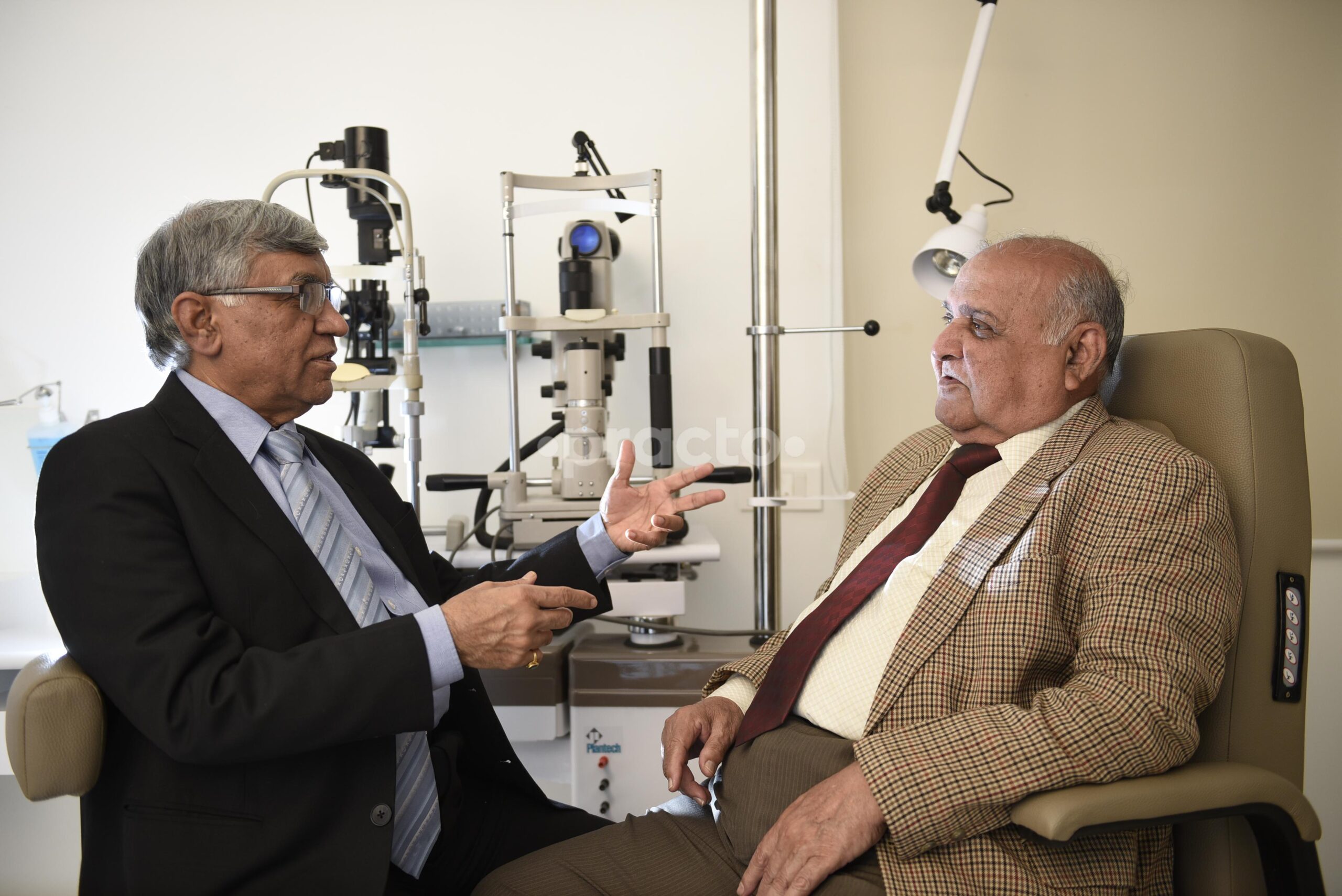In a liver transplant, the damaged or diseased liver is replaced with a healthy one. It is recommended for those with end-stage liver failure. Liver damage can happen due to alcohol abuse, infection, or illness. It can also be a result of the death of liver tissue (necrosis) or inflammation. You can consult the best hospitals to know about the liver transplant cost in Delhi.
For more information about liver transplants, continue reading this article.
What Are the Causes of Liver Damage?
Check out the pointers stated below:
- ARLD or Alcohol-Related Liver Disease: ARLD is a health situation where the liver gets scarred due to alcohol misuse.
- Primary Biliary Cholangitis: It is a severe condition that leads to progressive liver damage.
- Hepatitis: Blood-borne viruses, including Hepatitis C and Hepatitis B, can lead to extensive liver damage.
- Primary Sclerosing Cholangitis (PSC): It is a serious health condition that causes long-lasting liver inflammation.
What Are the Types of Liver Transplants?
Patients can avail of the following three types of liver transplant procedures:
Cadaver liver transplantation, also referred to as deceased donor liver transplantation, is a process where a healthy liver is transplanted from a deceased individual. A healthy liver from a brain-dead donor can be a lifesaver for the recipient. The surgeons will get in touch with the deceased person’s family for a counseling session regarding organ donation. These donors are then screened for HIV and hepatitis viruses. Since these deceased donors are declared brain-dead, their liver is placed in sterile fluid and stored inside a refrigerator.
If a part of a liver is removed from the body, it can regenerate itself to its normal size. That’s why healthy persons can choose to donate part of their livers. However, there are certain criteria for the live donation of a liver:
- The donor must be in sound mental and physical health
- They must belong to the age group between 18 and 60
- They should have a compatible blood type that aligns with the recipient
The donor must be free from the following health conditions:
- Significant organ diseases such as kidney disease and heart disease
- Hepatitis
- Ongoing malignancy
- Chronic or active infections
- Active substance abuse
These donors require a strong support system so that they can rely on them for physical and emotional needs during recovery.
Here, the liver is removed from an individual who has passed away recently and is divided into two pieces. Both segments are transferred to two different recipients.
A Quick Look at the Blood Group Compatibility Chart
Check out the compatibility chart at a glance:
| Patient Blood Group | Donor Blood Group |
| A | A or O |
| B | B or O |
| AB | A, B, AB, or O |
| O | O |
What Nutrition and Diet Should You Follow After a Liver Transplant?
After undergoing a liver transplant, you must switch to a well-balanced diet. Keeping your liver healthy will enable you to heal and recover. You can discuss this with a professional dietitian, thus receiving some valuable insights from them. Your diet must be low in cholesterol, salt, sugar, and fat. Alcohol is prohibited for liver transplant recipients. Some of the recommendations from a nutritionist might include:
- Eat enough vegetables and fruits each day
- Incorporate fiber into your regular diet
- Don’t consume grapefruit juice or grapefruit
- Have whole-grain meals instead of over-processed food
- Drink free-fat or low-fat dairy products. It will enable you to maintain optimal phosphorus and calcium levels
- Have poultry, lean meats, and fish
- Drink water and stay hydrated
- Follow certain food safety guidelines
What Precautions Should You Follow After a Liver Transplant?
Go through the precautions stated below:
- Abstain from drinking alcohol
- Make sure to maintain a healthy BMI or weight
- Don’t eat spicy or fried food
- Eat a healthy diet
- Ensure to have your medicines on time
- Opt for certain exercises, such as stretching and brisk walking
- Consider frequent checkups
- Keep yourself hydrated
The Bottom Line
The liver transplant cost in Delhi depends on various factors such as organ recovery charges, organ recovery, hospital stay, the expertise of the surgeon, category of room chosen, post-transplant medications, health condition of the patient, rehabilitation, and recovery. Since it is an extremely critical and expensive procedure, it is advisable to make an informed decision.
Read: WHAT IS THE GREGORIAN CALENDAR?









































